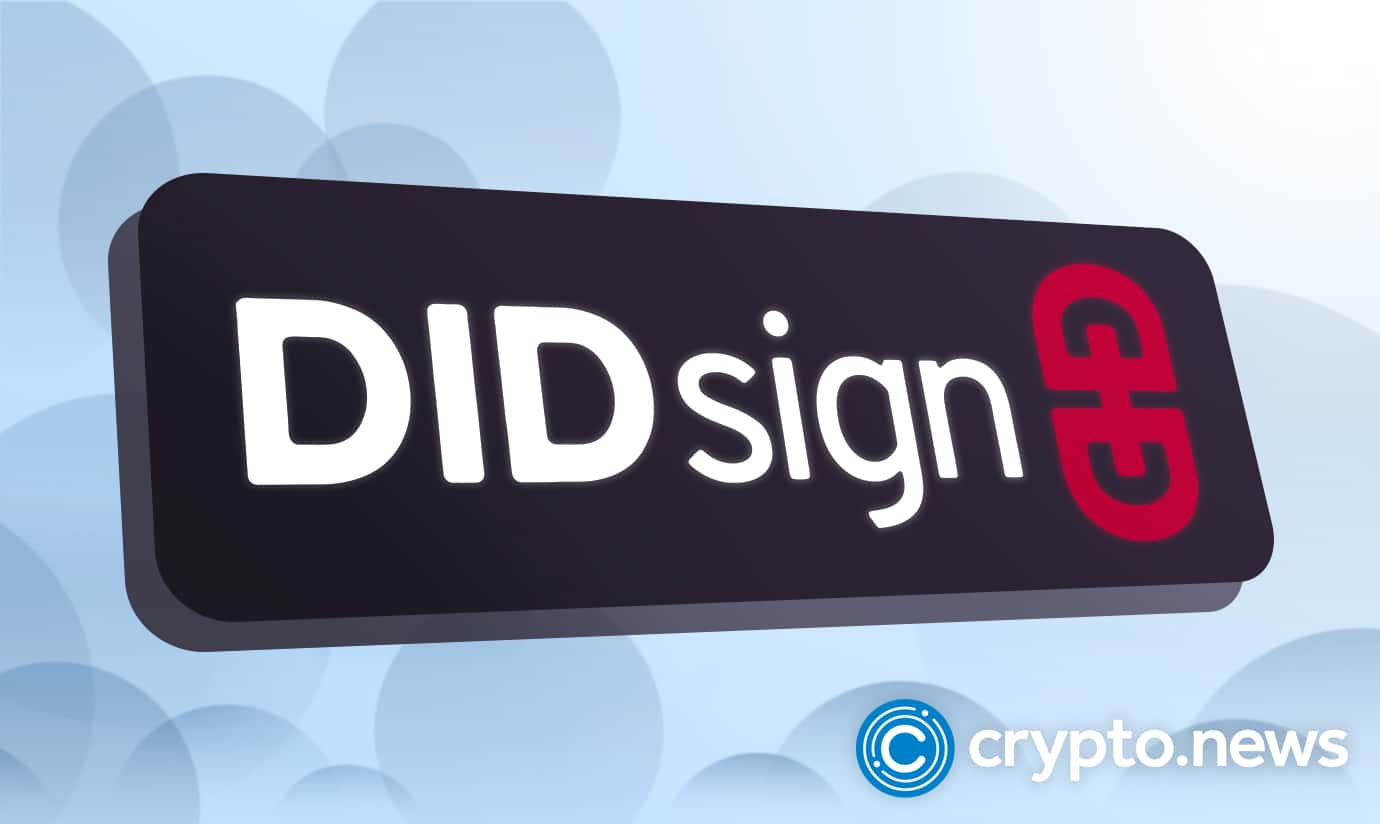KILT Protocol Unveils DIDsign To Power Private And Secure File Signing And Verification

Digital identifiers are a crucial component of the current internet infrastructure and will continue to remain so in the subsequent iteration of the internet. As the world transitions from Web2 to Web3, these “digital identifiers” will also evolve to address the changing needs of service providers and users, positioning itself as the “glue” that connects ecosystems across individual blockchain networks.
These “digital identifiers” usually contain a ton of personal identifiable information (PII), which, when in the wrong hands, can lead to a myriad of problems, including but not limited to identity theft, targeted ransomware attacks, and financial frauds. While data privacy has become a significant problem in today’s internet infrastructure, Web3 promises a better version where users can leave behind their data-related worries.
With Web3, centralized service providers will no longer control the internet. The “digital identifiers” will continue to exist, but users will have complete control over their identifiers. By harnessing the power of blockchain and distributed ledger technology, digital identifiers will become fully decentralized, free from centralized authorities and intermediaries.
To that extent, KILT Protocol, the open-source and decentralized blockchain protocol that allows anyone to issue verifiable, anonymous, and self-sovereign Web3 credentials, is spearheading the transition from “centralized digital identifiers” to “decentralized identifiers (DIDs).” KILT’s underlying protocol uses a claim-based approach where users can authenticate themselves without providing their personal information to service providers.
Recently, the KILT team launched their flagship product SocialKYC, a digital identity management solution and decentralized alternative to existing KYC verification processes. This decentralized solution currently works with email, Twitter, Discord, Github and Twitch, with TikTok and LinkedIn slated for addition soon.
Furthering their mission to give back users complete control of their data, the KILT team has now launched yet another novel product called DIDsign, a decentralized way to sign and verify files privately and securely.
Adding Data Security Across The Web3 Ecosystem
Decentralized identifiers (DIDs) are backed by immutable evidence: permanent, timestamped, and decentralized records of users’ and entities’ personal information, on-chain, and off-chain data.
DIDsign enables anyone to sign any digital file – whether a PDF, audio, video, text document, or software – directly from the browser using their unique decentralized identifier (DID). With KILT Protocol’s DIDsign, you can compress your signed files (or sets of files) and share them with anyone using your favorite method (email, Telegram, WhatsApp, etc.). Meanwhile, the recipient can confirm their authenticity to ensure no alterations were made to the files.
In addition, KILT’s DIDsign allows multiple parties to sign and verify documents simultaneously. For example, if numerous parties must approve a contract, each can sign and send their signed copy to the others. This document can then be verified against each signature to ensure that all parties have signed it in its original form.
Anyone can create their DID on KILT Protocol for free using the Sporran Wallet. However, to use DIDsign, users will need to upgrade their free DID to an on-chain DID on Sporran, thereby anchoring it to the KILT blockchain. All on-chain DIDs require a deposit of 2 KILT Coins, the native token of KILT Protocol, alongside a minimal transaction fee (less than 0.01 KILT). This deposit is locked in the user’s wallet and can be unlocked once the user deletes their on-chain DID. Besides the initial deposit for on-chain DIDs, users can sign, verify, and share documents on DIDsign at no extra cost.
By design, DIDsign serves a diverse range of use cases, both for individuals and enterprises. For example, researchers can use it to verify new research discoveries, doctors to sign and verify lab reports with colleagues in clinical settings, and developers to sign their software.
DIDsign will also play a key role in helping expand the features and support of DAOs (decentralized autonomous organizations) and the metaverse. Avatars in the metaverse could even have their own DID for signing contracts. Together, this unlocks new possibilities for the growing range of products and services permeating Web3, empowering users and entities to sign and verify documents more securely, privately seamlessly, and efficiently.













